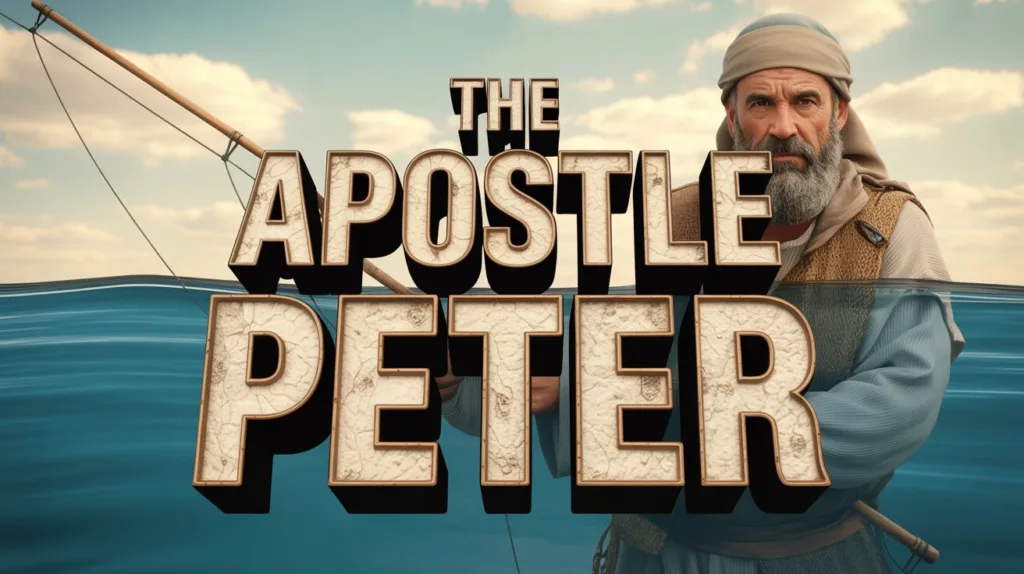Peter denied Jesus three times because of fear, pressure, and spiritual weakness in a moment of crisis. Though Peter was sincere in his love for the Lord, he was overconfident in his own strength and unprepared for the spiritual battle he faced that night.
Jesus had warned Peter in advance:
“Assuredly, I say to you that this night, before the rooster crows, you will deny Me three times.”
(Matthew 26:34)
Peter replied with confidence:
“Even if I have to die with You, I will not deny You!”
(Matthew 26:35)
But Peter’s bold words were not matched by spiritual readiness. When Jesus was arrested, Peter followed at a distance, then sat outside in the courtyard. There, confronted by various people, he denied knowing Jesus:
“But he denied it before them all, saying, ‘I do not know what you are saying.’”
(Matthew 26:70)
“Again he denied with an oath, ‘I do not know the Man!’”
(Matthew 26:72)
“Then he began to curse and swear, saying, ‘I do not know the Man!’ Immediately a rooster crowed.”
(Matthew 26:74)
Peter’s denials escalated. First, he denied casually, then with an oath, finally with curses. Fear of man and self-preservation overpowered his loyalty in that moment. But as soon as the rooster crowed:
“Peter remembered the word of Jesus… So he went out and wept bitterly.”
(Matthew 26:75)
Peter’s tears were a sign of true repentance. Though he failed, Jesus had already prayed for him:
“But I have prayed for you, that your faith should not fail; and when you have returned to Me, strengthen your brethren.”
(Luke 22:32)
Peter was restored by the risen Christ and recommissioned:
“Simon, son of Jonah, do you love Me?… Feed My sheep.”
(John 21:17)
Peter’s denial teaches that even strong believers can fall, but repentance leads to restoration. His failure did not define him. His return to Christ and his bold witness afterward show the power of grace and forgiveness.





 Get the book that teaches you how to evangelize and disarm doctrines from every single major cult group today.
Get the book that teaches you how to evangelize and disarm doctrines from every single major cult group today.